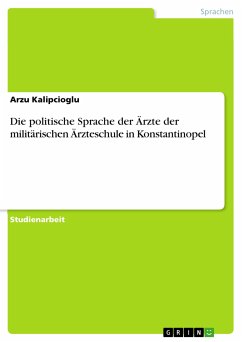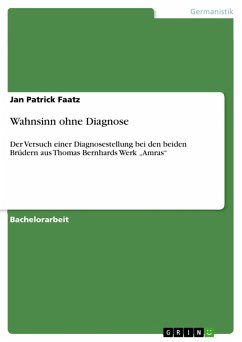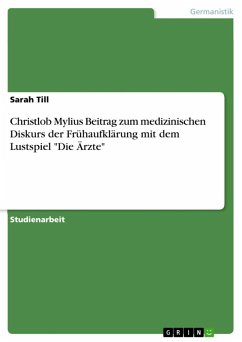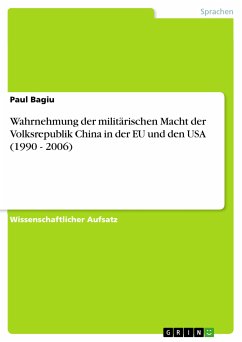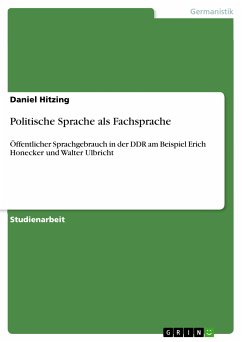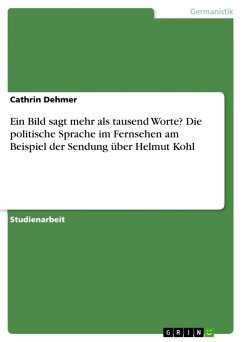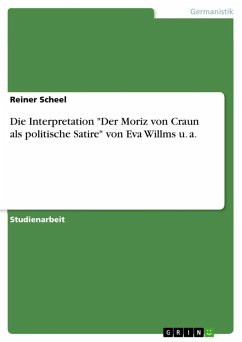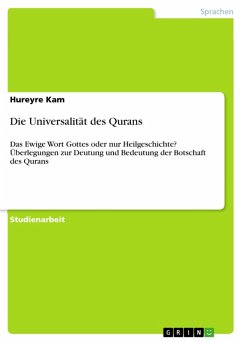Studienarbeit aus dem Jahr 2010 im Fachbereich Orientalistik / Sinologie - Islamwissenschaft, Note: 1,3, Ruprecht-Karls-Universität Heidelberg (Seminar für Sprachen und Kulturen des Vorderen Orients), Veranstaltung: Zum politischen Vokabular im Osmanischen Reich, Sprache: Deutsch, Abstract: This paper conceptualizes the discouse of students and graduates of the military medical school in Constantinople which gradually gained influence in Ottoman politics. In the period of a fading Ottoman Empire at the end of the 19th century, the physicians considered themselves to be predestined politicians and held a high interest in the well-being of their fatherland. Their self-perception as a "perplexed Ottoman nation" called forth a desire for a political recommencement. This new beginning should be, henceforth, grounded on a positivist and social-darwinist foundation, superseding the traditionally followed theological basis. European scientists served as an inspirational reference and disposed the physicians to apply the scientists' metaphors and to project them also on terms such as "race" or "nation". The transfer of metaphors brought about the establishment of different meanings of certains notions which previously beared an Ottoman-Islamic symbolism. One of the those political exponents was Dr. Riza Nur who abandoned his long-lasting career at the military medical school for politics. He was elected as an assemblyman in his hometown of Sinop. He was also affected by the positivist scientific school. The transfer of social-darwinistic thought is also discernable in the discourses by Riza Nur.
Dieser Download kann aus rechtlichen Gründen nur mit Rechnungsadresse in A, B, BG, CY, CZ, D, DK, EW, E, FIN, F, GR, HR, H, IRL, I, LT, L, LR, M, NL, PL, P, R, S, SLO, SK ausgeliefert werden.

